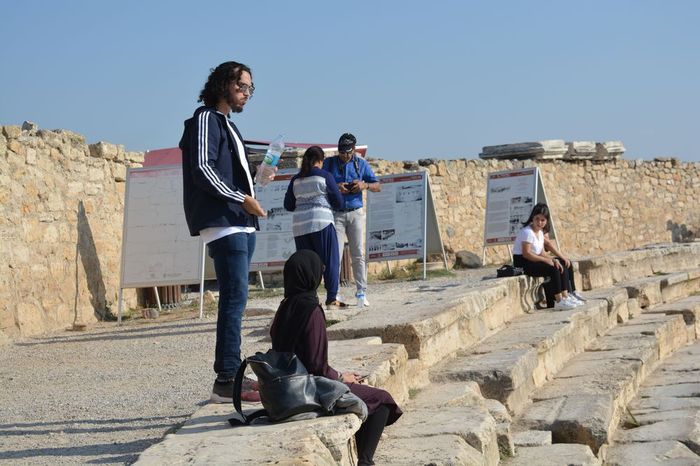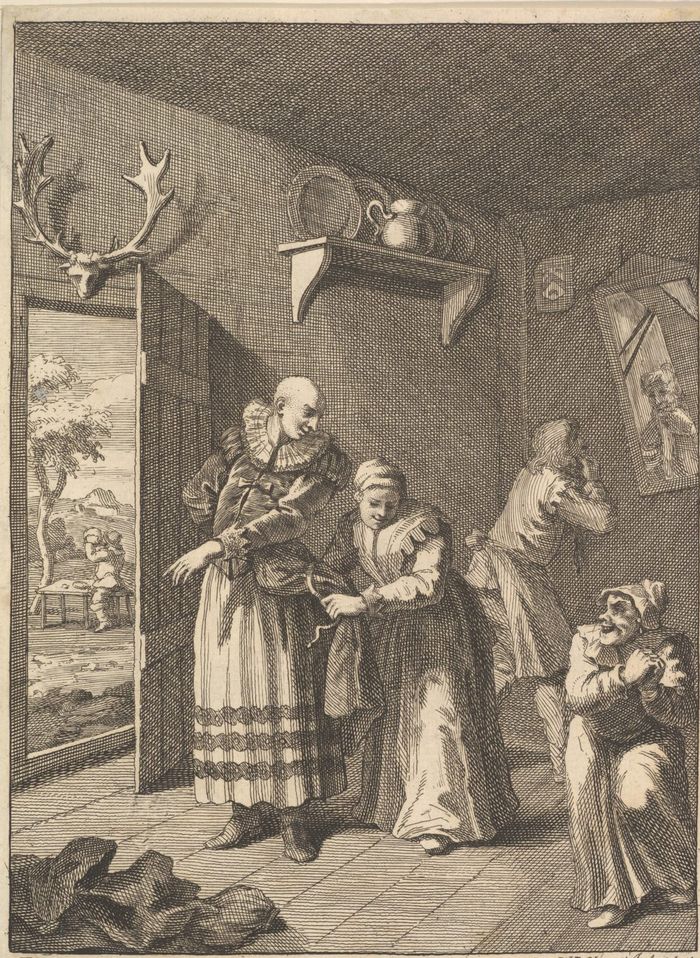280. This Crispinus had joined Romanus on his first campaign. Previously he had been in Italy. As he was not treated with the consideration which he thought was his due, he revolted (Easter, 1069) and appears to have carried on a freebooting campaign, plundering the tax-collectors and defeating the forces sent against him.
After putting to flight the army of the emperor’s brother-in law, Samuel Alousianus the Bulgarian, in Armenia, he showed remarkable clemency to his captives and set them free. Thereupon he sent an embassy to the emperor begging for pardon, and he was restored, but not for long. Once more he became suspect and lost his command, being sent into exile at Abydos. If Scylitzes is to be believed, he was a great warrior and a valuable ally.
281. I.e. the Turk Alp Arslan, who had made an alliance with the emperor.
282. Scylitzes (845B, p. 705) asserts that it was John Ducas who gave this order without the knowledge of Michael.
283. From the time of his accession to his capture at Adana he reigned three years and eight months (i.e. to September 1071). Further details are to be found in Scylitzes, who cannot conceal his dislike of Psellus and the Ducas family. He writes (821, p. 664) that Romanus was a man of fine appearance, tall, with broad shoulders and a deep chest. He constantly refers to the emperor’s personal bravery and pays tribute to his fortitude at the time of his final calamity (845. p. 705).
284. The truth is that Michael Parapinaces w as a despicable person and some of the blame for his inefficient rule must fall upon Psellus. The young emperor was being trained in logic and philosophy, but the situation of the Empire demanded a soldier, a strong character such as Romanus Diogenes had already proved himself. On all sides the enemies of the Byzantines were meeting with success.
Serbia was becoming a dangerous neighbour; the Normans were threatening the west; the Muslims were advancing in the east; the nomad tribes over the Danube were re-commencing their forays; and the Roman armies were discontented and disorganized. In the Byzantine Empire itself there was constant tension too: the Ducas family was losing grip and the Cornneni were steadily building up a great reputation.
The philosopher Psellus
285. Scylitzes 856D, p. 725) is scathing in his condemnation of the emperor’s activities: ‘While he spent his time in the useless pursuit of eloquence and wasted his energy on the composition of iambic and anapaestic verse (and they were poor efforts indeed, he brought his Empire to ruin, led astray by his mentor, the philosopher Psellus.’ Again (846, p. 706): ‘While he (Nicephoritza, the emperor’s favourite) concentrated all power in his own hands, Michael found time for nothing but triodes and childish games. The leading philosopher, Psellus, had made hirn quite unfitted for the position he occupied.’
286. Obscure, but maybe a reference to Plato’s perfect number (Rep., VIII).
287. Michael’s worst mistake was appointing the eunuch Nicephoritza logothete. This man was an unscrupulous rascal of the most despicable type. At Byzantium his one object was to aggrandize himself. In the perpetual wars carried on against the enemies of the Empire, it is patent that he had no consistent policy: each successive crisis was met with some new make-shift plan, with no thought for honour or prestige. The heartless selfishness of the emperor’s advisers {for he himself was merely a tool in their hands) is exemplified in their treatment of the Norman Roussel de Bailleul (Ruselius).
288. Maria, an Alan princess, who was afterwards married to the emperor Nicephorus Botaneiates. Mentioned in the Alexiad of Anna Comnena passim.
Read More about Eudocia 1067 part 15








